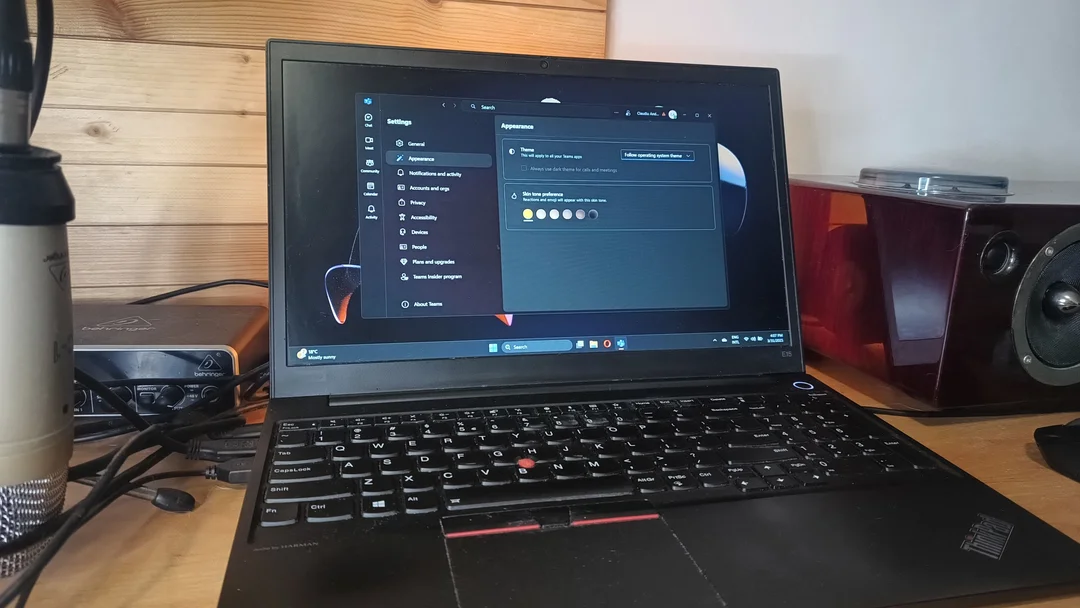
Microsoft’s AI Gamble: Can Mustafa Suleyman Revamp Copilot and Challenge OpenAI’s Dominance?
Microsoft's ambitious foray into the world of consumer AI is facing a critical test. Despite heavy investment in OpenAI and the strategic acquisition of Mustafa Suleyman, former CEO of Inflection AI, its Copilot AI assistant is struggling to gain traction against the soaring popularity of ChatGPT. Is Microsoft's bet on Suleyman and internal model development enough to redefine its position in the rapidly evolving AI landscape?
According to a recent report by Newcomer, Microsoft CFO Amy Hood presented a stark reality at the company's annual executive huddle in March: Copilot had only about 20 million weekly users, a flat line compared to ChatGPT's impressive growth to over 400 million. This data underscores the challenge facing Suleyman, who was brought on board to inject fresh thinking and product sensibility into Microsoft's AI efforts.
Microsoft’s move to bring Suleyman and his team from Inflection AI was a bold one. It came with a hefty price tag of a $650 million licensing fee. The hope was to reduce reliance on OpenAI's models and ignite internal innovation. However, sources within Microsoft reportedly expressed skepticism from the outset, questioning whether an outsider could truly thrive in the company's established culture. Suleyman's past experiences at Google, where he faced management issues, further fueled these concerns.
One of Suleyman's initial missions was to develop proprietary models to power Microsoft's AI applications. Under the leadership of Karén Simonyan, Inflection's technical co-founder, the team embarked on the development of a model dubbed MAI-1. Unfortunately, early training runs yielded underwhelming results, sparking internal debates and disagreements. A notable clash arose between the MAI team and the Phi team, led by VP of Generative AI research Sebastien Bubeck, over the use of synthetic data in model training.
The strained relationship between Microsoft and OpenAI also adds complexity to the situation. While the partnership has been beneficial overall, tensions exist. Reportedly, OpenAI CEO Sam Altman has had reservations about Suleyman. Last year, Suleyman reportedly expressed frustration with OpenAI's senior staff regarding access to their advanced reasoning model, highlighting the strain in the relationship.
The recently announced revamp of Copilot, designed to be a more personalized AI companion, represents Suleyman's attempt to turn the tide. However, it remains unclear whether these new features will be enough to lure users away from ChatGPT. The challenge lies in creating a truly compelling consumer AI product that can stand out in a crowded market.

For Microsoft, the stakes are high. CEO Satya Nadella's strategy of injecting fresh blood into the company hinges on the success of executives like Suleyman. Failure to deliver a hit consumer product could lead to budget cuts and a shift in focus. The pressure is on Suleyman to prove that Microsoft's AI gamble will pay off.
Can Suleyman and his team overcome the challenges and transform Copilot into a true competitor to ChatGPT? Will Microsoft's internal model development efforts yield the breakthrough they need? Share your thoughts in the comments below.